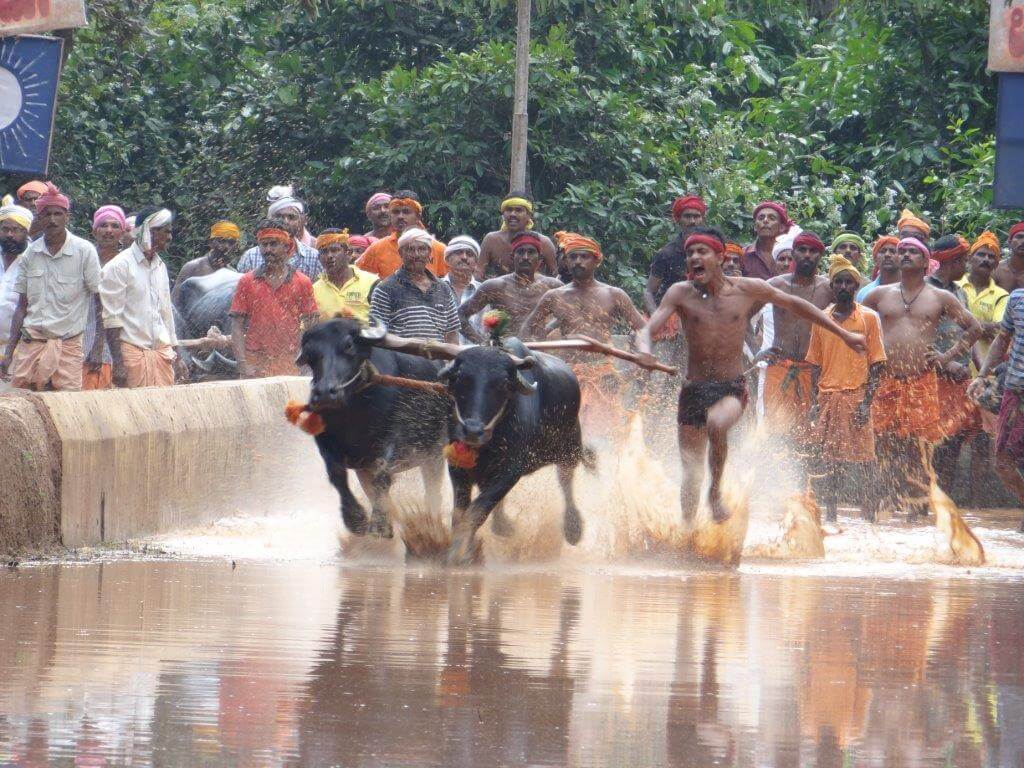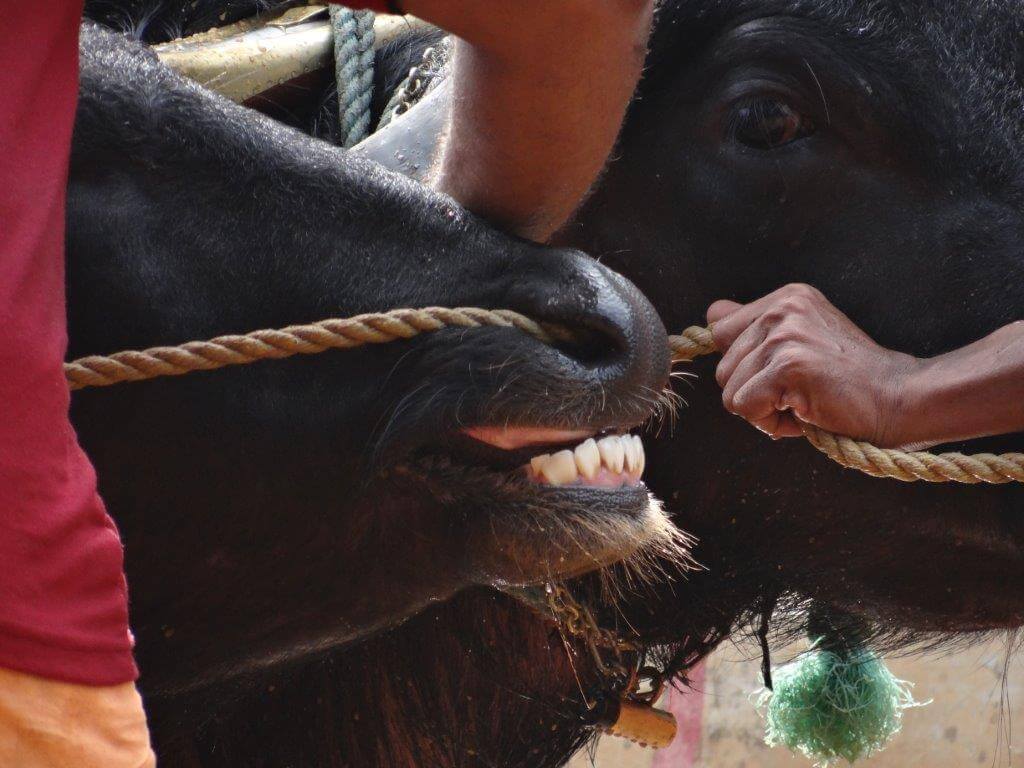PETA Files Petition In Supreme Court Against Kambala, Bull Races
PETA India filed a petition in the Supreme Court of India seeking direction from the court to strike down the Prevention of Cruelty to Animals (Karnataka Amendment) Ordinance, 2017, which allows kambala events and other bull-cart races in the state. In its 7 May 2014 judgment, the Supreme Court of India banned jallikattu, bullock-cart races, and kambala events which use buffalo bulls, upholding that the Indian Constitution – read with the central Parliament–enacted legislation under The Prevention of Cruelty to Animals Act, 1960 – provides animals the fundamental right to be treated with compassion and dignity and to be free from unnecessary pain and suffering. PETA India points out that the Supreme Court already ruled that bulls, including buffaloes, are not anatomically suited for races and that inherently cruel practices, such as kambala, that cause nothing but excruciating fear, pain, suffering, distress, and anguish to the animals cannot be purported to promote tradition and culture, the stated intent of the Prevention of Cruelty to Animals (Karnataka Amendment) Ordinance, 2017.
Though the office of the President of India had earlier considered amending the act passed by the Karnataka State Legislature allowing kambala events, the state instead passed an ordinance in haste, without due consideration, which PETA India believes is nothing short of unconstitutional. On 3 June, the ordinance received the President’s approval; on 18 July, it was promulgated by the Governor of Karnataka; and on 20 July, it was published in the Official Gazette. Several kambala events are scheduled starting in November and are currently permitted under the ordinance, which PETA India is now trying to have overturned.
In November 2016, the High Court of Karnataka had passed an interim stay order stopping all kambala events in the state in response to public interest litigation filed by PETA India. That same month, after hearing the arguments of the Animal Welfare Board of India (AWBI) and PETA India, the Supreme Court dismissed the review petition filed by the state of Tamil Nadu against the 7 May 2014 ban on jallikattu and bull races, which was enforced by the Supreme Court in AWBI v A Nagaraja & Ors.
In 2014 and 2015, a total of 65 non-cognisable offence complaints and one FIR were filed at just three kambala events inspected by the AWBI. The inspection reports contain a scientific assessment of the welfare of buffaloes when they’re forced to participate in such events, including photographic evidence and a description of the different forms of cruelty inflicted on the animals, such as verbal and physical abuse – including hitting them, slapping them on the face, violently pulling on their thick nose ropes (in some cases two or three nose ropes inserted through the same hole in their nasal septum), pushing and pulling them, overpowering them, pulling their tails, and restricting their head movements using a wooden pole tied to their horns. Many buffaloes were observed frothing at the mouth and salivating heavily, and they had increased respiration rates upon finishing the race, demonstrating that they’re anatomically unfit for running.
PETA India has long campaigned against the use of bulls in entertainment.










